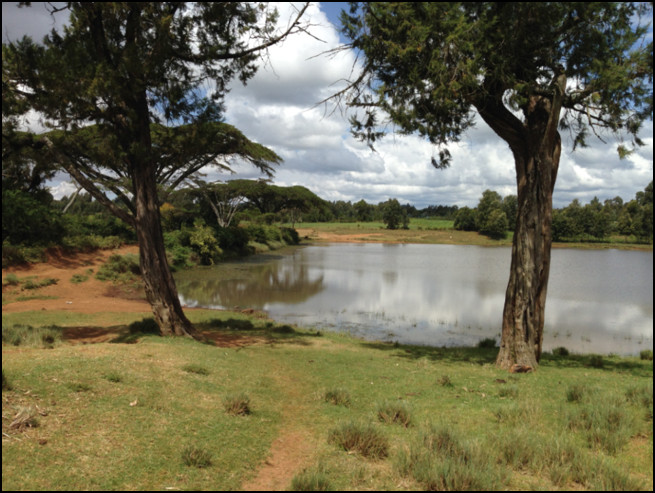Water Law and Policy
The abstraction of raw water and the provision of water supply along with the treatment and possible recycling of wastewater will typically involve compliance with water law and policy and the regulations governing water resource management and water services. Where the private sector seeks to plays a role in providing water services that are otherwise the legal responsibility of a public entity, laws and regulations that relate to private sector participation and possible public-private partnership contract arrangements become relevant.

An approach to analysis of the legal and regulatory framework to enable local private sector participation in urban water services has been applied to New Delhi, India as a case study. 1 The approach provides an analytical template for application in other jurisdictions. The main analysis elements relate to:
1) Water law and policy for access to bulk water, whether surface or groundwater;
2) The legal basis and contract options for public-private partnerships; and
3) Regulation of water resources and water services and the role of associated institutions and agencies.
What we do:
At Water Pathways we provide initial research and review of legal and regulatory provisions for water use and water services relevant to the project scope. Relevant aspects are then incorporated into a project proposal, or may form the basis for discussions with government agencies, regulatory authorities, contractors, and funding partners. In Kenya, discussions with the public utility on a possible public-private partnership and the granting of a permit for borehole drilling have informed next steps in project planning.
